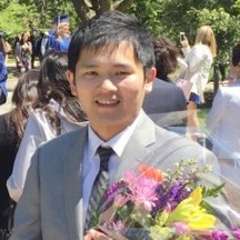A rare moment, but it is more than satisfying when a singer in an opera accompanies oneself with an instrument, and does it astoundingly well. Dalibor Jenis as Figaro in Il barbiere di Siviglia at the New National Theatre Tokyo elevates the show to another level with his bel canto, and by accompanying Maxim Mironov's Count on the guitar in his serenade.
The high quality already set by the Tokyo Philharmonic in the overture did not waver until the curtain call, and its faultless accompaniment under Francesco Angelico contributed immensely in making the show a fruitful one. The brilliant, simple and energetic overture ending in the Rossini crescendo foreshadowed the opera’s summary, where it is driven to the heightened and joyous finale.
Maxim Mironov made a successful Tokyo debut, and just as he wooed Rosina with his singing, he sedcued the audience throughout the show, especially with his impressive final aria. Though sounding slightly nervous at first, Mironov proved himself a strongly emerging Rossini tenor. Experienced baritone Luciano Di Pasquale, as Bartolo, was also making his debut at the Theatre, with singing of consistently high quality. His parlando (speech-like singing, usually fast) adequately added wit, and his jealousy toward Almaviva comically came about through his unforced acting.
Lena Belkina as Rosina became a different person after changing from her bath gown to proper dress, especially in singing. She maintained beautiful singing throughout the opera until the end and her voice blended especially well with the rest of the cast.
Jenis stole the show as Figaro. even though, ironically, the opera is not so much about the barber. He was the most talented and experienced ‘singing performer’. At the end of his solo with dazzling guitar techniques, he even made his minor mistake look like part of staged acting, genuinely creating an outburst of laughter from the audience. I would like to hear him sing Mozart's Figaro too.
Rossini builds and controls tension and excitement through out the opera. His recurring use of the stretta is somehow never overwhelming, but rather only elevates the mood especially at the bewildering grand finale, a true highlight of the show.
It is not the first time for Tokyo to host this rather popular opera buffa, but it was a successful and an amusing revival. The set and costume design, by Heidrun Schmelzer, were highly detailed, beautifully capturing the overall comic atmosphere. Even the sound and special effects were perfect, needless to mention the rotating stage, aiding smooth scene changes. Josef Köpplinger, the producer, and Angela Schweiger, the revival director, have stylishly and delicately produced the show in every detail.




